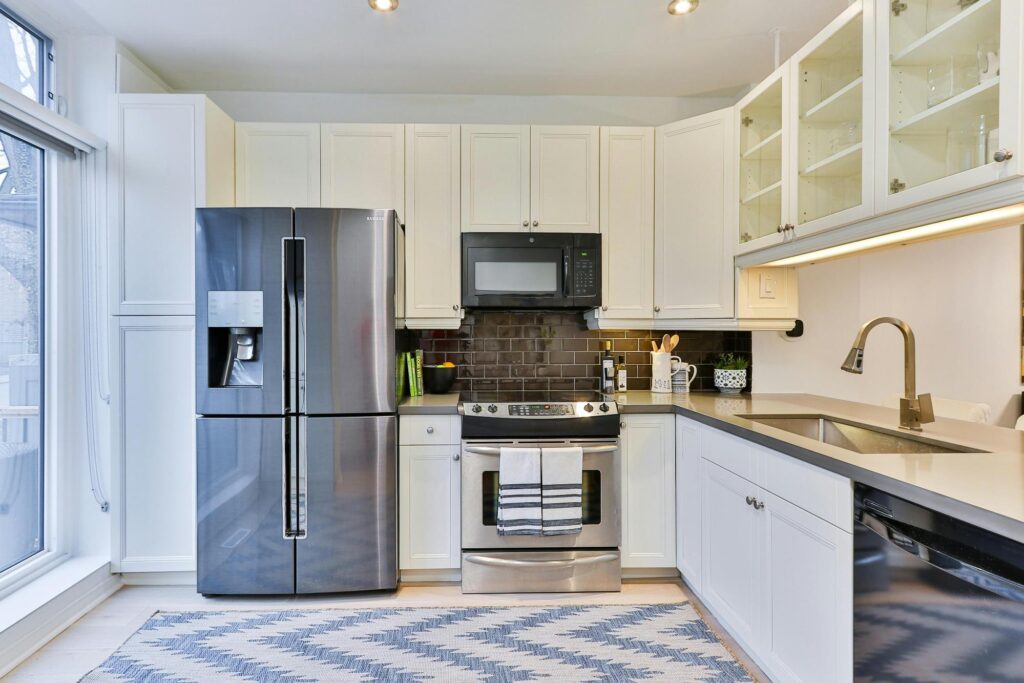
Finding the right homeowner insurance policy is a crucial step in safeguarding your most valuable asset. It offers peace of mind and financial security against unexpected events that could potentially yield severe economic hardship. With various policies to choose from, each with its own intricacies and perks, the selection process can be overwhelming. Below, we delve into the essentials of choosing an appropriate insurance policy for your needs.
Comparing Home Insurance Quotes and Providers
Once you understand your coverage needs, comparing home insurance quotes from multiple providers is vital. This not only helps in finding the best rates but also in assessing the quality of service a company offers. Factors such as customer service reputation, claims handling process, and financial stability of insurers should influence your decision as much as the premiums they quote.
While online tools can provide a quick comparison or a customizable insurance quote, working with an experienced agent can offer deeper insights into the nuances of different policies. In fact, https://Clovered.com/ is a resource for comparing quotes and understanding policy differences. Agents can clarify terms, answer questions, and help you navigate complex insurance language from an insurance company, ensuring the homeowners insurance policy you select aligns with your expectations.
Discounts can also play a role in the final insurance cost. Some providers offer reduced rates for bundling home and auto insurance or for implementing safety features in your home like smoke detectors and security systems. Be sure to ask about potential discounts that could make certain providers more economical without compromising coverage.
Evaluating the Coverage Options and Add-Ons
When choosing home insurance, it’s essential to consider the various coverage options and add-ons available. Endorsements, or riders, can be added to standard policies to provide increased protection for high-value items such as jewelry, artworks or electronics. These add-ons can also extend coverage to risks not included in standard policies, like flood or earthquake damage.

Liability coverage is a fundamental aspect of home insurance that protects against claims arising from injuries to others on your property. Higher liability limits provide increased protection, which can be crucial if facing potential lawsuits. Additionally, you should consider if medical payment coverage is adequate, ensuring it aligns with your personal risk profile and the likelihood of accidents happening on your premises.
Loss of use coverage is another important factor to examine. This helps cover additional living expenses if you are unable to live in your home due to insured damage. Policies differ in how they offer this protection, including the amount and time span covered. Assessing this coverage helps prevent financial strain during potentially lengthy home repairs or reconstruction periods.
Assessing Policy Terms and Conditions Closely
Choosing the right insurance policy entails more than just skimming through the highlights of coverage. It’s essential to read and understand the terms and conditions outlined in your policy document closely. Important details regarding claims procedures, deadlines for filing, and specific documentation requirements are outlined here and should not be overlooked.
The small print may also provide information on the process for resolving disputes with your insurer. Understanding the resolution process can prepare you for potential conflicts, especially in the realm of claim settlements. With this knowledge, you can avoid surprises and negotiate better if disputes arise.
Another aspect to watch for in the policy details is the provision for updates and changes to your policy. Life changes, such as home renovations or the purchase of expensive personal items, may necessitate an update to your insurance coverage to ensure you’re fully protected.
Strategic Tips for Reducing Home Insurance Premiums
Reduction of home insurance premiums without compromising the quality of coverage is a smart financial move. One approach is to increase your deductible, which can lower your monthly premiums. A higher deductible means you would pay more out of pocket in the event of a claim, but if you have sufficient emergency savings, this trade-off can result in significant savings over time.

Mitigating risks can also lead to lower premiums. Many insurers offer discounts for homes with security systems, smoke alarms, and other safety features. Regular maintenance to prevent damage from avoidable issues, such as a leaking roof or burst pipes, can also demonstrate to insurers that you are less of a risk, which may translate to lower rates.
Building a positive credit history and maintaining a good credit score can influence your insurance costs, as insurers often use credit information to price policies. Regularly checking and managing your credit score helps ensure you’re eligible for the best rates.
Overall, the intricacies of home insurance policies require careful consideration and an informed approach for homeowners. Being proactive in understanding your needs, comparing options, and evaluating terms can help secure the appropriate coverage at a manageable cost.



